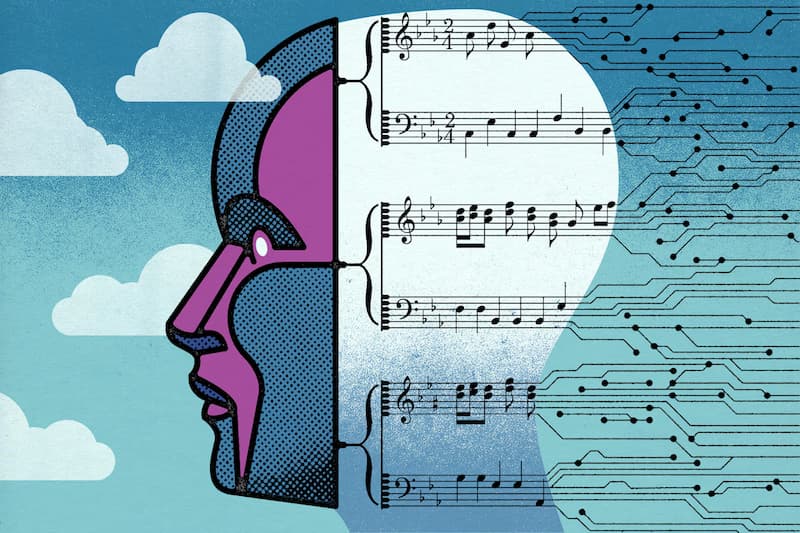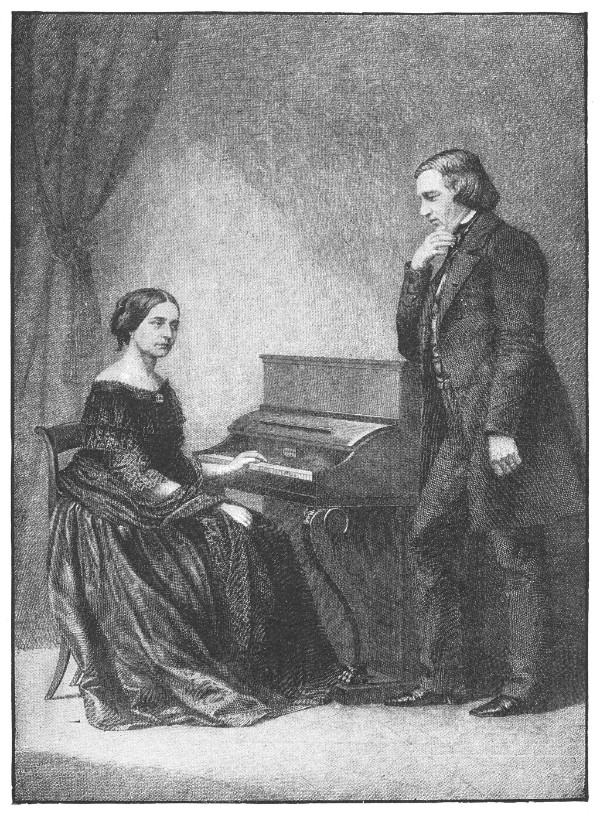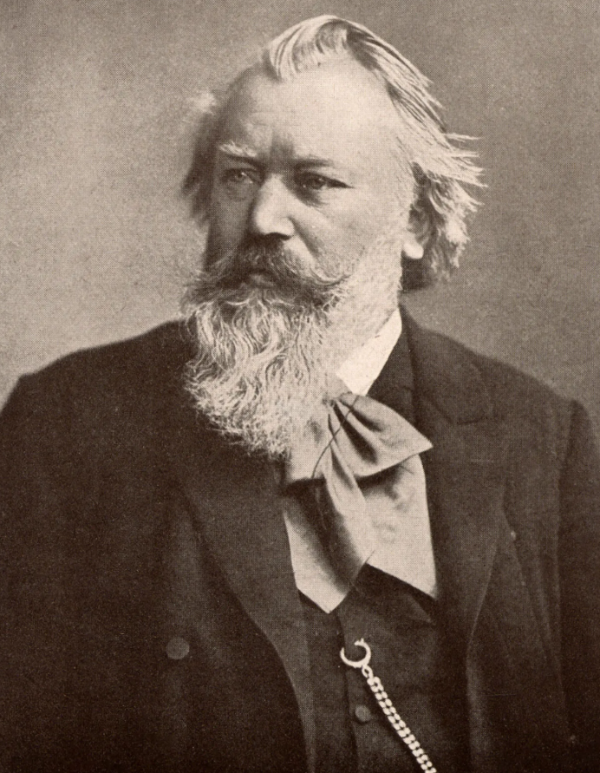Imagine that you’re a composer.
You grew up loving music. Maybe in your childhood you listened to works by giants like Mozart, and Beethoven, and Brahms.

Image generated by Flux AI
You spent decades learning an instrument. You attended elite educational institutions for many years, honing your craft. You entered endless competitions and applied for dozens of emerging artist grants.
You are finally beginning to scrape out a name for yourself, partnering with performers and chamber ensembles. If you’re very lucky, you’ve had the chance to write something for an amateur orchestra. If you’re even luckier, a professional orchestra has commissioned a work from you.
But then, in 2024, you’ve heard what new technology is capable of. Voices can now be input into a program, resulting in relatively convincing approximations of pop singers covering others’ hits.
And you can’t help but wonder:
Are composers about to be replaced by AI?
Will Composers Be Replaced by AI?
The short story is, we don’t know. (Yet.)
But there are some major roadblocks that AI will have to overcome before the art of human composition dies out completely.
AI Isn’t as Creative as Humans Are (So Far)
So far, AI excels primarily at remaking or remixing music rather than creating new works from scratch.
When human composers work, they try to write music that creates emotions specific to a circumstance, portrays a narrative, and/or draws on cultural or personal history.
Those specific tasks can be challenging for AI.
AI Can’t Collaborate With Human Creators In the Same Way That People Can
In addition, composing music almost always involves collaborating with other human performers.
After all, you can write as many notes as you want on a sheet of paper. But eventually, that music is going to have to be interpreted by a performer.
And then, outside of algorithm-driven digital music services, a human will have to program it somewhere.
And then (and perhaps most importantly), a human audience is going to have to want to listen to it and react to it.
These are all steps in the creative process for which a human mind is better suited than AI.
AI Music Has Turned Into an Ethical and Legal Minefield

© The Washington Post
AI-generated music trains itself on human-written music (almost always without the creators’ explicit permission, too).
This obviously raises weighty questions about issues surrounding intellectual property, ownership, and credit.
Granted, we are in the early days of AI going mainstream, but it seems possible that governments, organizations, or even musicians’ unions might eventually take steps to suppress or discourage the use of AI-created art and music or at least make it legally or practically difficult to use.
In the coming months and years, we’re all going to learn more about this. So buckle up for the upcoming discourse about things like copyright law and union contracts!
Are Audiences Even Going to Want to Listen to AI Music?
It’s certainly not guaranteed that listeners will embrace AI music. Silicon Valley is famous for creating new technology that real-life people don’t want to use.
In February 2023, Gizmodo reported that Meta (formerly known as Facebook) was spending more than a billion dollars a month on developing the Metaverse, a kind of virtual reality with hilariously bad graphics. For a while, the Metaverse was heralded as being the next big thing and a “successor to the mobile internet.”
However, it turns out that not many actual human beings were very interested in sitting around in bulky VR headsets to live out a cartoonish second life online.
If you visit Meta’s Metaverse today, you’ll find yourself in empty worlds populated by bad graphics and children yelling racist things at each other.
Metaverse Explained in 6 Minutes | What Is Metaverse and How Does It Work?
Since people rejected the Metaverse’s overly digital landscape, it is conceivable that they will also reject the idea of music written by AI.
A version of this happened during the Industrial Revolution in the nineteenth century, when a backlash against emerging technologies led to cultural shifts like the Arts and Crafts movement.
Perhaps there is a future in which people are so opposed to or repelled by the idea of listening to AI-made music that they will stay away on sheer principle.
Maybe projects will be labeled as “AI-free” in the future, much like food is labeled “non-GMO” or “organic” today.
Will AI Music Be Monetized? If So, How?
We need to keep a close eye on how AI might start cannibalizing revenue opportunities for composers.
It’s hard enough to make a living as a musician as it is. We must do whatever we can to ensure that composers can have the economic ability to live and work.
Otherwise, we’ll find ourselves in a situation where AI-created music, or music created by human composers born into wealth, will be the only new music being created.
Discussion of the economics of music-making is going to have to include some serious soul-searching about how the shift away from physical media and to streaming has made it harder for performing musicians to make a living. But that’s another whole crisis of its own!
What If AI Becomes a Tool for Composers?
At this point, it seems more likely that AI will become a tool for human composers, as opposed to an unstoppable force that successfully mounts a total takeover of the art.
If you’re a glass-half-full type of person, you might predict that composers will actually enjoy using AI-generated ideas as jumping-off points or aids for writers’ block. Maybe AI will enhance composers’ creative processes rather than destroy them entirely. We can hope.
All That Said, AI Is Probably Here to Stay
Like it or not, AI is almost certainly going to play a significant role in music creation in the coming years, especially when it comes to more nuts-and-bolts tasks, like generating background music, creating commercial jingles, or assisting human composers with specific problems.
However, replacing human composers completely is going to be a heavy lift.
So far, no computer has come close to creating something with the emotional resonance of Beethoven’s Ninth.
Here’s a very concrete example: an AI-completed version of Beethoven’s tenth symphony in 2021. It lacks the cohesion of the originals and is almost painfully derivative of his other symphonies.
Beethoven X: The AI Project: III Scherzo. Allegro – Trio (Official Video) | Beethoven Orchestra Bonn
So it seems we still have at least some time as a society to answer the question, “Should composers be replaced by AI?”
But if you love music, be sure to stay informed about the developments around AI and music. It’s no exaggeration to say that the stakes are the entire future of the art.
For more of the best in classical music, sign up for our E-Newsletter



